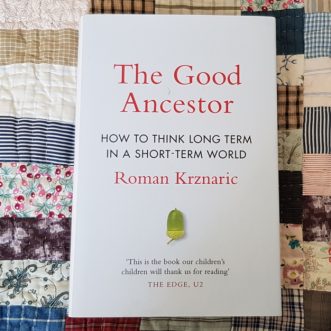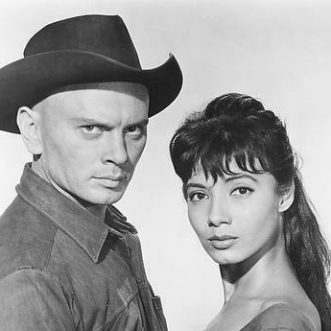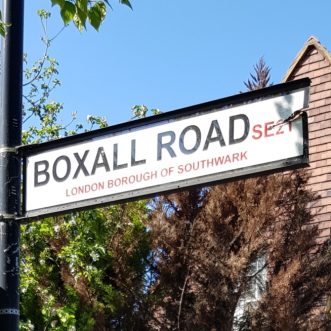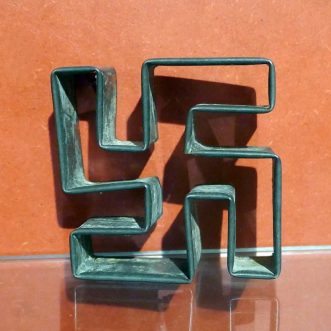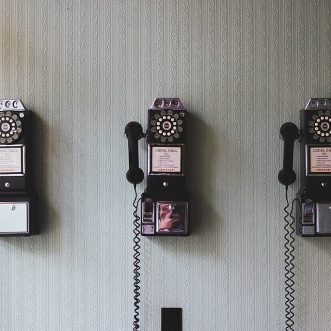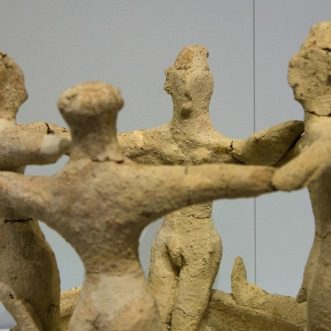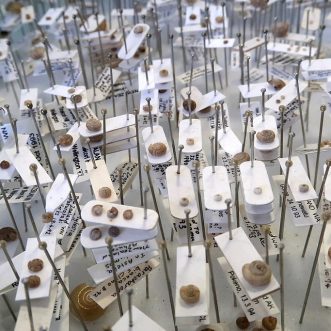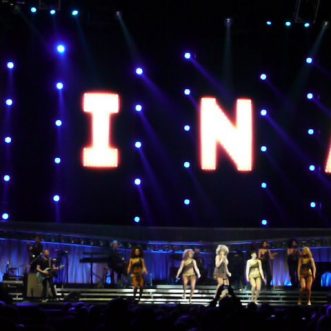
TIAAA
How often have you been told ‘It must be this way’, ‘This is just how it works’, ‘Things have always been like this’, ‘There is no alternative’?
There is always an alternative. More importantly, there are always alternatives. Always have been throughout human history. Always will be throughout whatever future we have left. Alternatives we’ve designed for ourselves as a counter to what’s on offer.
It’s just that history is told by the victors, and alternatives – especially those that work – are hidden or misrepresented by the people who benefit from the status quo.
So maybe part of our job as owners of purposeful, sustainable and humane businesses is not just to find those alternatives and explore them. It’s also to share them. To show them. To enable people to make up their own minds on which they’d rather choose.
Our models of the world are stories we tell ourselves.
Let’s not get ourselves trapped in just one.
